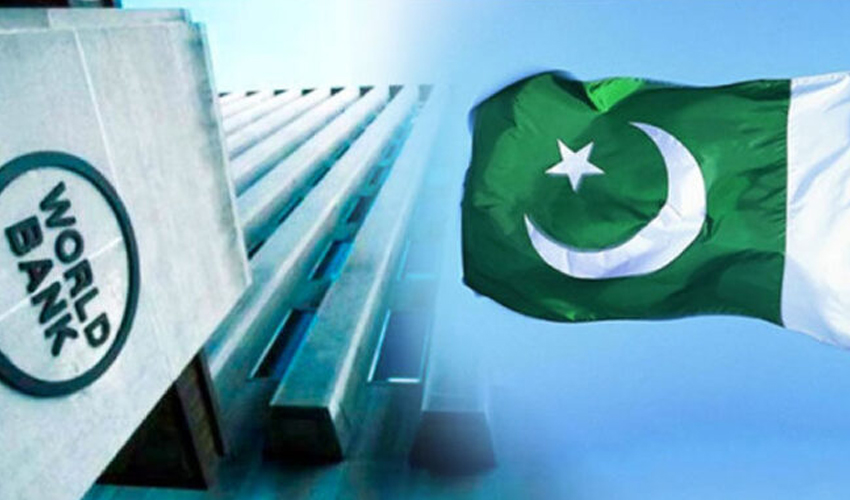The World Bank has revised its forecast for Pakistan's GDP growth for the fiscal year 2024-25 to 2.8% marking a notable improvement of 0.5% from its previous estimate of 2.3% in June 2024.
This prediction, however, lags behind the International Monetary Fund’s (IMF) growth projection of 3%, and is also lower than the government's target of 3.6%.
According to the World Bank's World Economic Prospects Report 2025, Pakistan's growth remains relatively subdued compared to regional neighbors.
India is expected to lead the South Asian region with a growth rate of 6.7%, followed by Bhutan at 7.2%, Maldives at 4.7%, Nepal at 5.1%, Bangladesh at 4.1%, and Sri Lanka at 3.5%.
The report indicates that while Pakistan’s economy shows slight recovery, it faces significant challenges. Inflation, which had reached double digits in previous years, has dropped to single digits for the first time since 2021, bolstering the country's foreign exchange reserves.
This improvement is attributed to the government's tight fiscal and monetary policies, which have helped reduce uncertainty following the February 2024 elections.
However, despite these positive shifts, the World Bank cautioned that Pakistan’s per capita income is expected to remain weak until 2026. This reflects broader regional trends, with both Bangladesh and Sri Lanka facing similar challenges.
The report also highlighted the rising burden of debt, with interest payments expected to increase in both Pakistan and Bangladesh.
Pakistan’s debt-to-GDP ratio is anticipated to gradually decline, provided that the government maintains its commitment to the ongoing IMF loan program. The World Bank underscored the importance of adhering to the IMF's stipulations, warning that any deviation from the program could severely impact the country’s economic activities.
Experts have pointed out that while inflation moderation and increased reserves offer some optimism, the country's long-term economic stability hinges on implementing structural reforms and managing external debt.
The World Bank’s report suggests that Pakistan must sustain investor confidence through consistent policies and a stable macroeconomic environment.



























